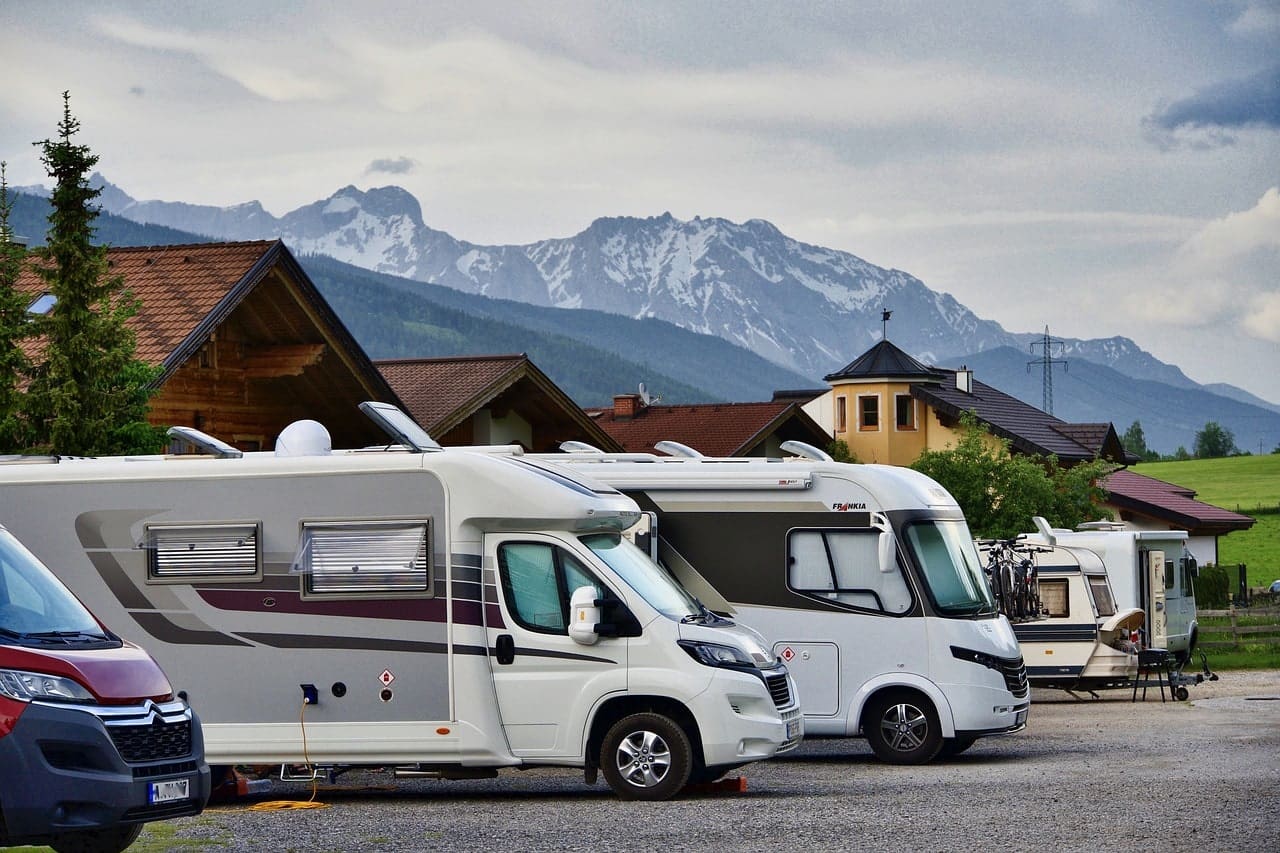Caravanning offers an unparalleled sense of freedom, adventure, and the joy of exploring the unknown. However, as with any adventure, it comes with its own set of challenges and potential unforeseen events. Whether you’re a seasoned caravanner or planning your first trip, being prepared for the unexpected is crucial to ensuring a smooth and enjoyable experience. In this article, we’ll guide you through essential tips and strategies to safeguard your caravan adventure from unexpected mishaps. From weather disruptions to mechanical failures and beyond, learn how to stay one step ahead and turn every trip into a memorable adventure.
Security Devices
The peace of mind that comes with knowing your vehicle and belongings are secure cannot be overstated. Investing in high-quality security devices is a proactive step toward deterring theft and vandalism. A hitch lock, GPS tracking system, and wheel clamps are just a few ways to safeguard your caravan from potential dangers. This not only protects your valuable possessions but also ensures the safety of you and your fellow travelers. Just remember to always use your security devices, even when making quick stops.
Regular Maintenance Checks
To ensure the longevity and reliability of your caravan during your journeys, regular maintenance checks are paramount. Before hitting the road, execute a comprehensive check-up of your vehicle. This includes but is not limited to inspecting the brakes, tires, lights, and battery. Regularly servicing your caravan can prevent mechanical failures that could derail your trip.
Paying close attention to the condition of tires is especially crucial; they should be free from cracks, and bulges, and have adequate tread depth. Additionally, ensure that all lights are working correctly to avoid visibility issues. These proactive measures not only guarantee a smoother trip but also enhance the safety of you and other road users.
Safe Driving Practices
Safe driving practices are the backbone of a worry-free caravanning experience. Given the added size and weight of a caravan, adapting your driving style is essential. This includes maintaining a greater distance from the vehicle ahead to allow for increased stopping distances. It’s also important to be mindful of your caravan’s width and height when navigating through narrow roads, bridges, or underpasses.
Practice maneuvering and reversing your caravan in a safe environment to build confidence and skill before your trip. Being aware of the weather conditions and adjusting your driving accordingly can significantly reduce the risk of accidents. Lastly, taking regular breaks to rest and refresh can prevent fatigue, keeping both you and other road users safe.
Emergency Supplies and Equipment
No caravan adventure should begin without a well-stocked emergency kit. Essential supplies and equipment can mean the difference between a minor inconvenience and a major ordeal. Ensure your kit includes first aid supplies, such as bandages, antiseptic wipes, and pain relief medication, to handle unexpected minor injuries. Additionally, packing flashlights with extra batteries, a portable battery charger, and a fire extinguisher is crucial for dealing with emergencies that can occur during both day and night.
Also integral to your caravan’s emergency preparedness are tools and spare parts for on-the-go repairs. A basic toolkit featuring screwdrivers, a hammer, pliers, and a wrench can address minor fixes. Spare parts such as extra tires, fuses, and light bulbs can prevent delays due to mechanical breakdowns. Lastly, don’t forget to include sufficient water and non-perishable food items in case of delays or stranding. Being prepared with the right supplies ensures you can tackle any challenge that comes your way, making your caravan experience both safe and enjoyable.

Weather Monitoring and Preparedness
Monitoring the weather is a critical component of caravanning preparation. Sudden weather changes can drastically affect your travel plans and safety on the road. Before departure and throughout your journey, keep a vigilant eye on weather forecasts for your route and destination. Utilize reliable weather apps and websites, and consider investing in a weather radio for real-time alerts, especially in areas where internet service may be unreliable.
Being prepared for diverse weather conditions means packing appropriate clothing and gear. Waterproof clothing, extra layers for cold temperatures, and sun protection are essential to adapt to any situation. Additionally, ensure your caravan is equipped to handle severe weather; check that seals are intact to prevent leaks during rain and that the heating and cooling systems are functional for extreme temperatures.
In the event of severe weather warnings, such as high winds, heavy rain, or snow, it may be wise to alter your plans. Seek shelter in a safe location rather than risking travel during dangerous conditions. The safety and well-being of you and your travel companions are paramount. Weather preparedness not only minimizes the risk of weather-related incidents but also enhances your overall caravanning experience, allowing you to enjoy your adventure come rain or shine.
With proper preparation, awareness, and precautionary measures, you can steer clear of unexpected mishaps and truly embrace the freedom that caravanning offers. By investing in security devices, conducting regular maintenance checks, practicing safe driving, packing an emergency kit, and being weather-ready, you can confidently embark on your next caravan adventure with peace of mind.


